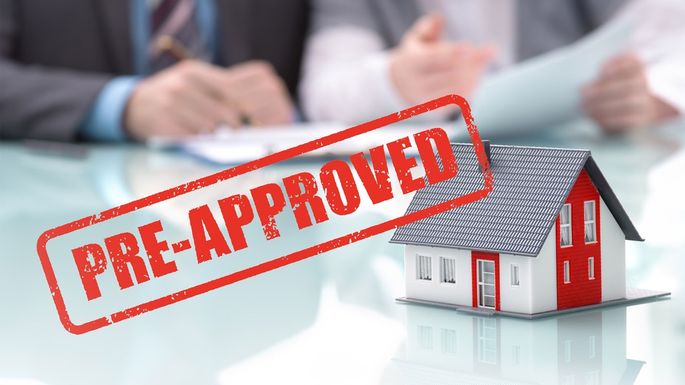
Thinking of buying a house? When you buy a house you will need to get a mortgage to be able to pay for the property. A mortgage is a loan that you have to pay back over a certain time period. However, before you even start shopping around for the perfect property, consider getting pre-approved for a mortgage.
What Is a Mortgage Pre-Approval?
A mortgage pre-approval lets you know the maximum amount you can afford to spend on your new home and what the monthly payment will be. Pre-approvals also hold a mortgage rate for you for 120 days. This is great because the rate may go up while your pre-approval is in place but you will be lucky enough to get the lower rate. Conversely, if mortgage rates go down while you have your pre-approval, you will be given the lower rate. Basically, you will have a rate hold for 120 that guarantees you get the best rate possible.
Mortgage pre-approvals are:
- Free – it doesn’t cost you anything to apply
- Non-committal – you do not have to stick with the lender who pre-approved you
- Helpful – use your pre-approval as a way to determine if you can actually afford to buy a house and pay your mortgage
Why Do I Need To Be Pre-Approved?
When you get pre-approved for a mortgage you’ll know what you can afford. That way you can only look at homes in your price range; thus, saving you time. Furthermore, pre-approvals indicate to real estate agents and sellers that you’re serious about buying and when you make an offer on the home it shows that you will have no problem financing your purchase.
What Do I Need To Get Pre-Approved?
In order to get a mortgage pre-approval you will need to meet with a broker. Your mortgage broker will ask you a sequence of questions to figure out what you can afford. Your credit report will be pulled to ensure that you have an optimal credit score (620 and higher are ideal), and your broker will need to know the amount you wish to put down for a down payment on your future home.
When you visit your broker you will be asked to provide supporting documentation to prove you’re a good candidate for potential mortgage.
You will need:
- Government issued ID like driver’s license to show that you’re really who you say you are
- Pay stubs and a letter from your employer to prove your income
- If you are self-employed you will need to bring a notice of assessment
- Recent financial statements from your bank accounts to show you’ll be able to afford monthly mortgage payments and a down payment on the property
- Disclose any debts such as credit cards, lines of credit, student loans, car leases/loans, personal loans, spousal, or child support payments
